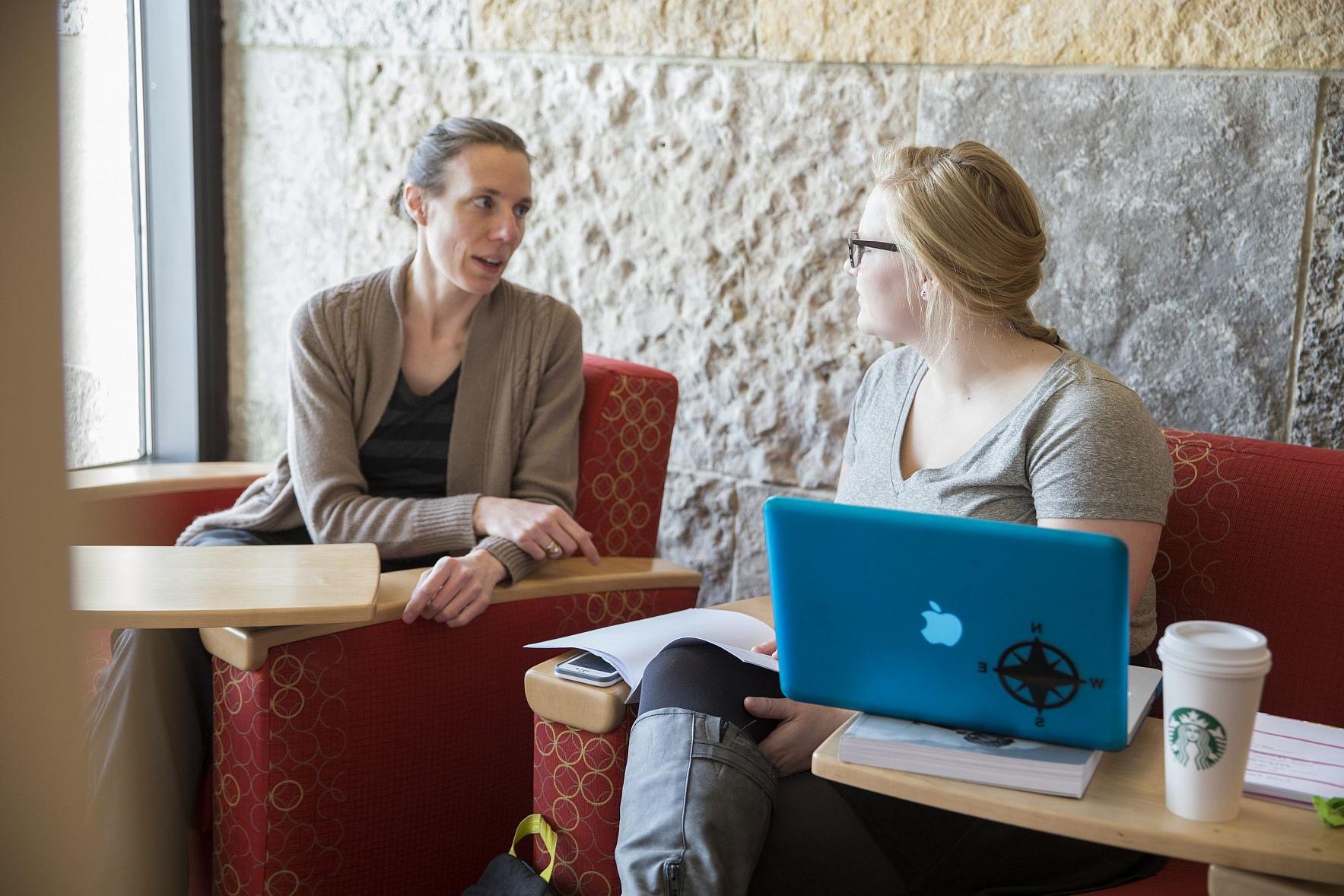Learning Accessibility Services
Carthage College is committed to ensuring that otherwise qualified students with disabilities have access to full participation in its courses, programs, services, and activities.
The College is guided by Section 504 of the Rehabilitation Act of 1973 and the Americans with Disabilities Act of 1990, as amended. Students with disabilities are entitled to reasonable accommodations according to their needs and documentation of their disabilities.
What is Learning Accessibility Services?
Learning Accessibility Services (LAS) is a department that works with any student who has a documented disability and their instructors to create a plan for appropriate accommodations and support resources. All services are free of charge. If you would like to discuss accommodations and how the process works at Carthage, please contact us so we can set up a time to meet in person or virtually.
Procedure for Requesting/Receiving Accommodations at Carthage
1. Students must register with Learning Accessibility Services (LAS) and provide current documentation of a disability from an appropriate professional. This should occur as soon as possible after enrolling at Carthage College.
2. Students meet with LAS to discuss requested accommodations and those are included on their Instructor Accommodations Form. Their Instructor Accommodations Form is emailed to them and they are responsible for sharing the form with their instructors prior to the start of the semester.
3. Instructors are responsible for implementing assigned accommodations and seeking guidance from LAS if they have questions. Students should inform their instructors a few days prior to test dates if they plan to use the Testing Center. If there is a problem with an accommodation, the student should discuss the problem with the instructor and/or LAS so that a resolution can be achieved.
4. If a student is unable to resolve a problem related to accommodations with the support of LAS, the student and LAS should consult with the department head and, if necessary, the division head. If these steps do not lead to resolution of the problem, LAS and the student will bring the matter to the Office of the Provost.
Contact
Warren Wolchuk
Director of Learning Accessibility Services
Hedberg Library
262-551-5802
wwolchuk@dos5.net

